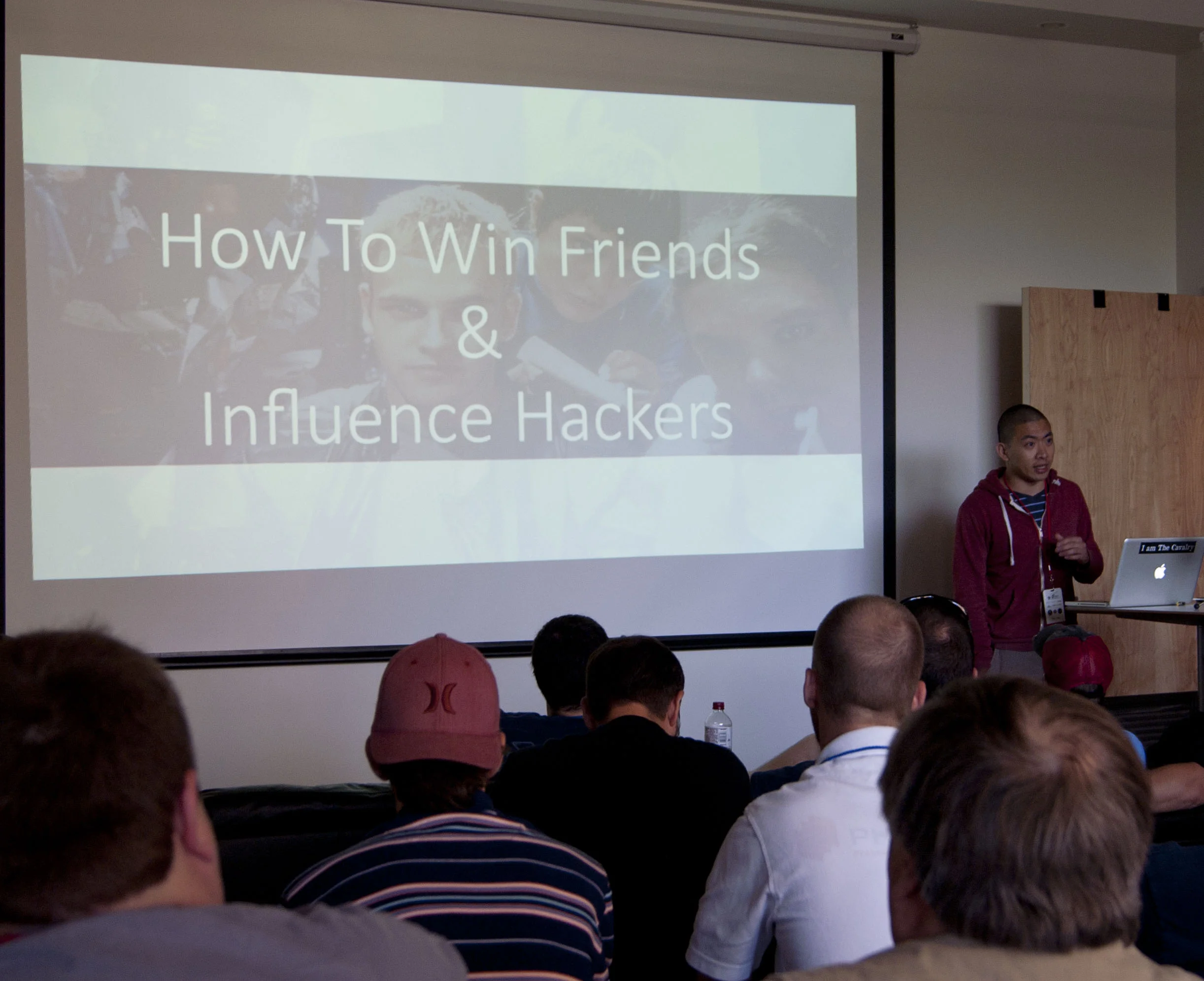This is a post I wrote for work talking about how to create a strong password.
Creating a strong password is one of the best things you can do to keep both yourself and your accounts safe, both at work and at home. However, creating a strong password is not the easiest thing to do and requires a little bit of thought.
If you choose a long string of random characters, the password is strong but easy to forget. If you choose a much shorter password without any random characters, then it’s easy for someone to guess. The idea is to find a balance between the two. A recent study of passwords that had been compromised, showed the top 10 worst used passwords were:
123456
password
12345678
qwerty
abc123
123456789
111111
1234567
Iloveyou
adobe123
Fortunately, most places have a set of password requirements designed to keep your information safe. That does create a bit of a challenge for users because you are required to change your passwords every three months. Here are some tips that will help make the seemingly daunting task of creating strong and memorable passwords, a little easier.
Pick a Theme
Most organizations will require a password to be at least eight characters—with at least one special character and one number. Try to think of something in your life, non-work related, that has all three of those elements.
Some examples include:
Restaurant menu
Retail stores
Hardware stores
Legal documents
Food stores
Once you have a theme, start mixing and matching numbers in a way that you can remember. For example, Chicken Strips for 14.99 from a restaurant could be ChSt14.99 or ChcktRips14.99 or Ch1ck4Nst9i9s!
There are thousands of different passwords waiting to be thought up from everyday life. The one caveat is, that if you create a password from your everyday life, make sure you’re not posting it all over your social media site. It’s pointless to use chicken strips as part of a password if you’re tweeting about it for the world to see.
Pick a Phrase
Pick a phrase and then use a combination of letters, numbers and special characters to craft your password. For example, Take The Bull By The Horns could be T-tB-b-TH0 or T8k-7@buLL-bi*7-h0rns or T-T@8’8@T-H0. Be intuitive about it and craft it in a way that you can easily remember it. The same rule applies here; don’t use your own personal catchphrase that’s on your social media profile. Don’t use anything obvious because phrases are easily searchable, especially if they’re popular.
Other Ideas
The two suggestions above are only a couple of ways to create strong and easy- to-remember passwords. It just takes a little thought on the front end. Find something that works for you, and once you do it’s much easier to change and improve on a regular basis.

